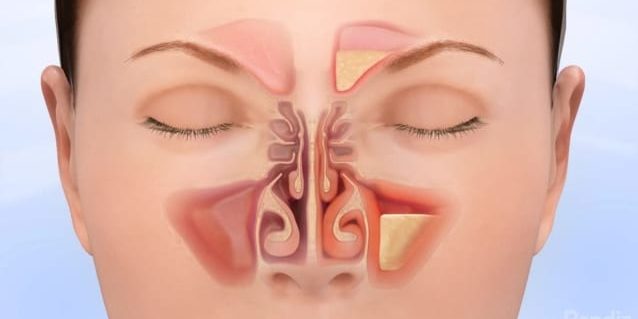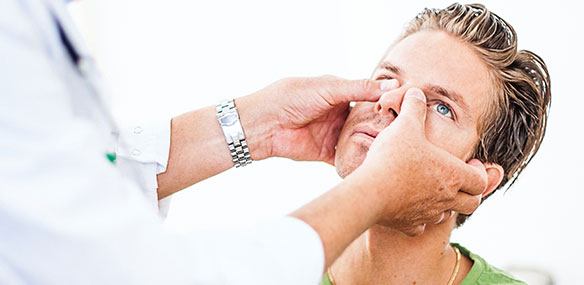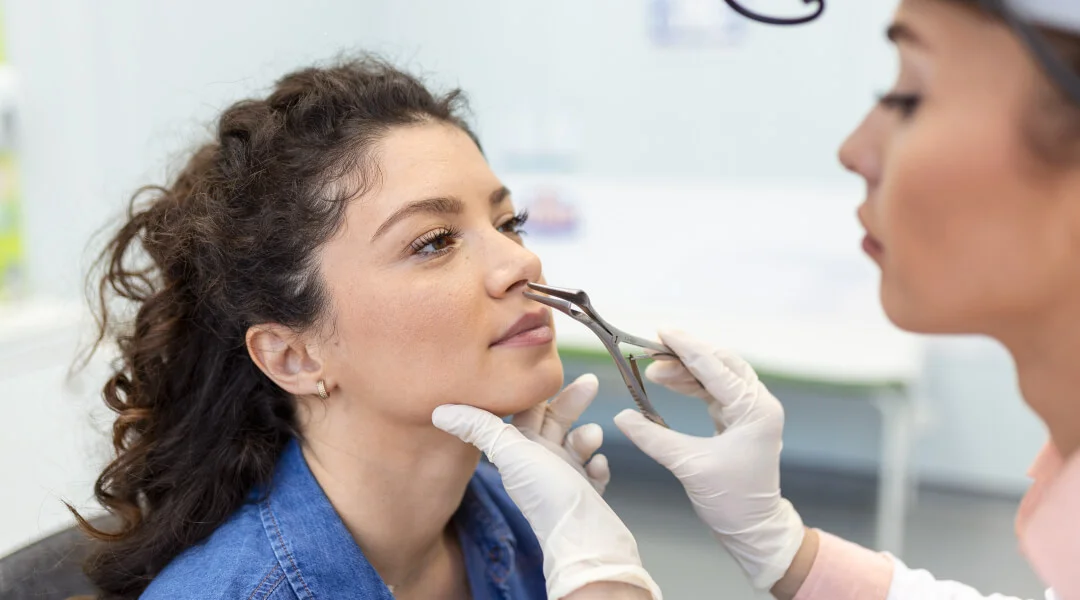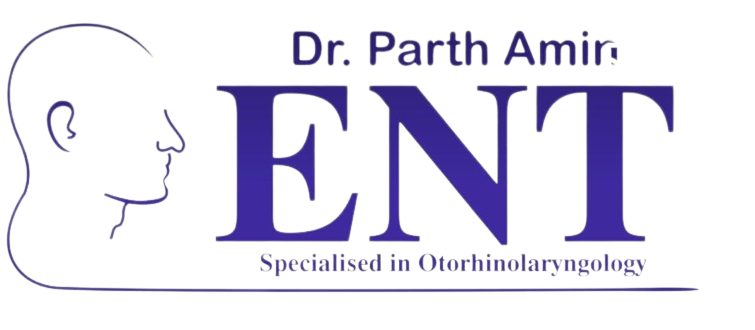Nose & Sinus (Rhinology)




Rhinology is the medical specialty that focuses on the diagnosis and treatment of disorders related to the nose and sinuses. Here are some details about nose and sinus conditions and their treatments:
Nasal Congestion:
- Causes: Nasal congestion can be caused by various factors, including allergies, infections (such as colds or sinusitis), structural abnormalities (such as deviated septum), or nasal polyps.
- Treatments: Treatment options may include decongestants, nasal corticosteroid sprays, antihistamines (for allergies), nasal saline irrigation, and in some cases, surgery to correct structural issues.
Sinusitis (Sinus Infection):
- Causes: Sinusitis occurs when the sinuses become inflamed or infected, often due to a viral or bacterial infection, allergies, or structural problems that impair sinus drainage.
- Symptoms: Symptoms of sinusitis may include facial pain or pressure, nasal congestion, thick nasal discharge, headache, and loss of smell.
- Treatments: Treatment options for sinusitis include antibiotics (for bacterial infections), nasal corticosteroid sprays, saline irrigation, pain relievers, and in some cases, surgery to improve sinus drainage or remove nasal polyps.
Nasal Polyps:
- Causes: Nasal polyps are noncancerous growths that develop in the lining of the nose or sinuses, often as a result of chronic inflammation.
- Symptoms: Nasal polyps can cause nasal congestion, reduced sense of smell, runny nose, facial pain or pressure, and snoring.
- Treatments: Treatment options may include nasal corticosteroid sprays, oral corticosteroids, nasal saline irrigation, allergy management, and in some cases, surgery to remove the polyps.
Deviated Septum:
- Causes: A deviated septum occurs when the thin wall (nasal septum) that separates the nasal passages is displaced to one side, often due to injury or congenital factors.
- Symptoms: A deviated septum can cause nasal congestion, difficulty breathing through the nose, nosebleeds, facial pain, and snoring.
- Treatments: Treatment options may include nasal corticosteroid sprays, decongestants, nasal saline irrigation, septoplasty (surgical correction of the septum), or rhinoplasty (cosmetic surgery to improve nasal appearance and function).
Allergic Rhinitis:
- Causes: Allergic rhinitis, commonly known as hay fever, is an allergic response to airborne allergens such as pollen, dust mites, pet dander, or mold.
- Symptoms: Symptoms of allergic rhinitis may include sneezing, runny or stuffy nose, itchy or watery eyes, and nasal congestion.
- Treatments: Treatment options for allergic rhinitis include allergen avoidance, antihistamines, nasal corticosteroid sprays, decongestants, immunotherapy (allergy shots), and other allergy medications.
These are just a few examples of nose and sinus conditions and their treatments. Rhinologists, specialists in rhinology, diagnose and manage a wide range of nasal and sinus disorders, providing medical and surgical interventions to improve patients’ quality of life.
